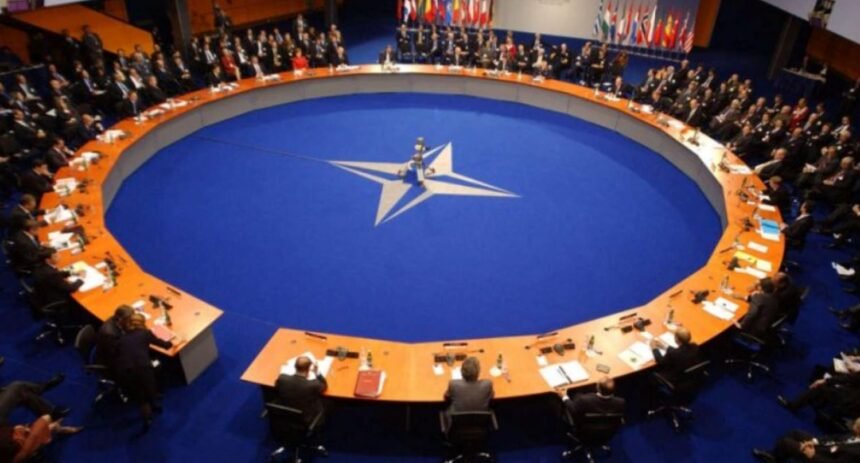NATO is discussing a potential proposal to U.S. President Donald Trump to significantly expand the allied military presence in the Arctic, aiming to ease tensions surrounding Greenland’s status as an autonomous territory of Denmark. This issue has garnered attention due to Trump’s interest in the island, justified by his concerns about U.S. security.
According to sources, NATO believes that strengthening its presence in the Arctic could address these security concerns while allowing the U.S. to participate in the initiative. “Trump’s concerns about Greenland are seen as valid,” say sources, “especially in light of Russian and Chinese activities in the region.”
Greenland holds significant strategic value—not only for its vast natural resources but also as a key location for military control of the Arctic. Climate change is also making Arctic transportation routes more accessible, particularly during the summer months. NATO sources indicate that this initiative is being informally discussed.
The proposed military expansion could be based on defense plans approved in 2023. Classified documents outline measures to strengthen deterrence and defense capabilities in the remote north.
The U.S. already maintains a presence in Greenland through the “Pituffik” space base, which operates under agreements with Denmark. The base plays a key role in missile warning systems, missile defense, and space surveillance operations.
Danish military personnel are also stationed in Greenland, primarily through the Arctic Command in Nuuk. Trump has consistently expressed a desire for U.S. control over the large island, which officially belongs to the Kingdom of Denmark.
His recent remarks have raised concerns among NATO allies, especially since he has not ruled out the use of economic or military means. NATO ally Denmark insists that the people of Greenland must decide their own future.
Danish Prime Minister Mette Frederiksen has held discussions with other NATO leaders about the crisis, while the Greenlandic government has made it clear that it does not wish to remain Danish or American but instead wants to be Greenlandic.
For NATO, the Greenland debate is especially sensitive. The alliance risks damaging its credibility if a major member threatens to take territory from another ally, particularly amid Russia’s war in Ukraine and China’s territorial claims over Taiwan.
At the same time, a worst-case scenario would involve the U.S. withdrawing from NATO due to disagreements, considering that the alliance’s deterrence relies heavily on the U.S.’ nuclear and conventional military power.
Diplomats believe that the success of NATO’s initiative will depend on whether Trump’s primary focus is truly on security concerns. If his interest in Greenland is driven by its raw material deposits, the initiative may fail.







